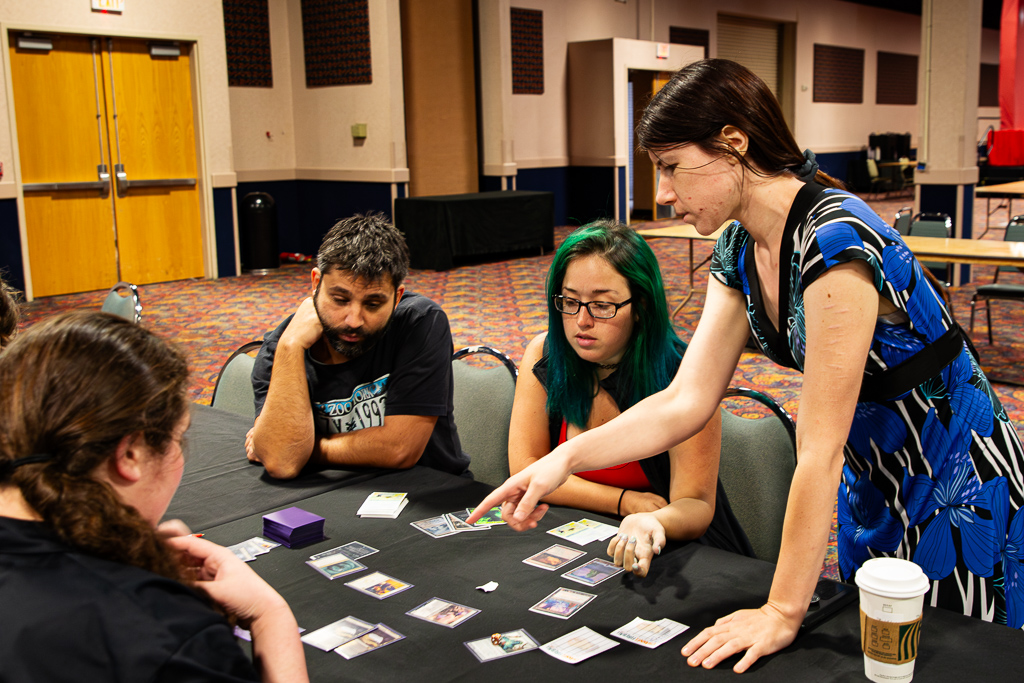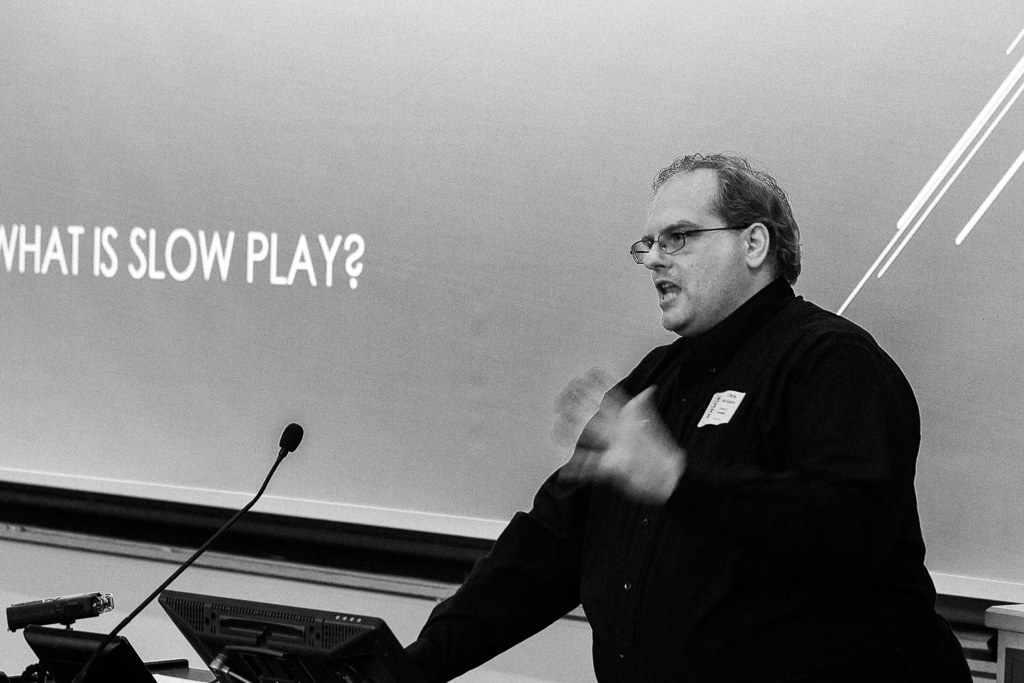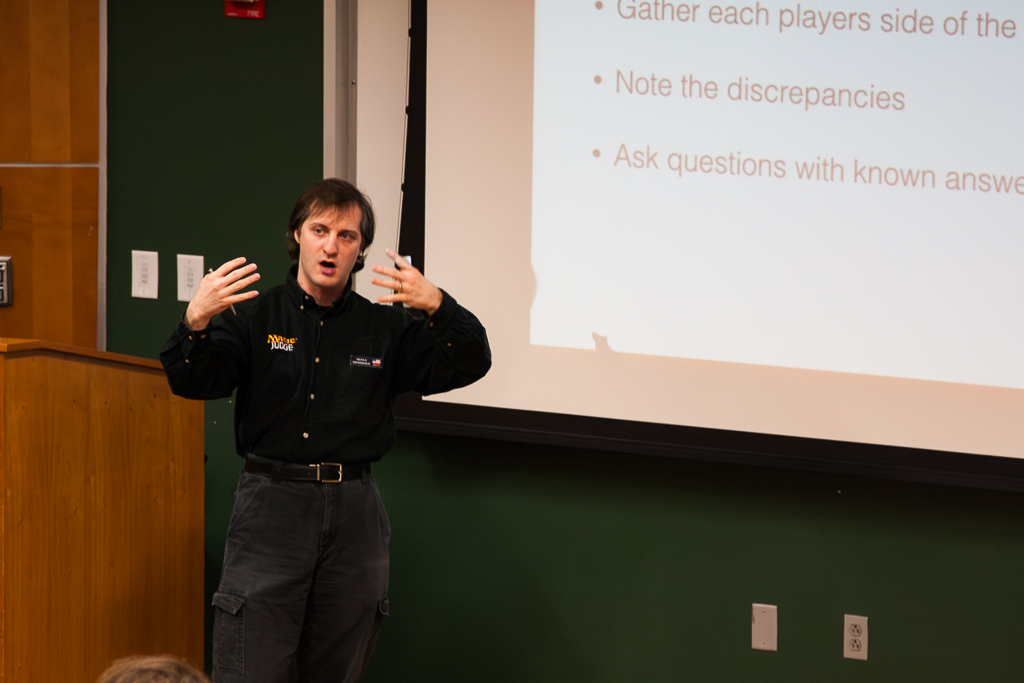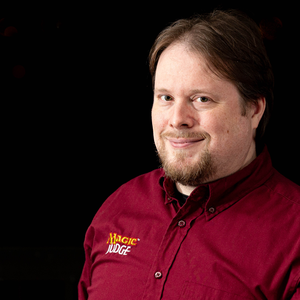Last May, the Board of Directors voted to approve a pool of money for Community Project Grants, a budget from which judges could request funds to help them create things that would be of value to the Judge Foundry community. Today, I’m laying out some specifics on what these grants are, how to apply and how projects will be selected for funding.
That’s a lot, so let’s dive in!

A Brief History of Community Projects
Community work has been a staple of involvement for judges for decades. In times long past, judge projects would often be considered an essential element of demonstrating mastery over leadership, policy, development of other judges, and other qualities expected in high-level judges, and candidates seeking advancement would start, join, or take over projects as part of their goal to both help the community and to fill out their resume as they applied for advancement.
This created a virtuous spiral – judges would contribute to making judging better, in ways both large and small, deepening their own involvement and building ladders which their peers could climb. As judges leveled up and started evaluating others for advancement, they expected their mentees to similarly contribute to the community, and a culture of service bloomed from that.
In the twilight years of the Legacy Judge Program, the Exemplar Program provided a way for judges to recognize and thank their peers for their contributions to the community. This complemented existing recognition vehicles that had been around for a while that allowed program leadership to thank judges for services they provided as volunteers. Exemplar, in its heyday, generated four days a year of exceptional excitement as each new wave of recognitions was unveiled, letting judges see all the amazing community contributions by their peers, and making judges feel seen and appreciated, and encouraged to do even more to help their community.
Today, Judge Foundry relies heavily on the work of volunteers for myriad community projects. We have no salaried employees or contractors, and almost all our work is done by dedicated members. I started writing out a list of examples of things our volunteers contribute, but the list became so long that I worried about any omissions, so I’ll just say that we depend on, and are extremely grateful to, the dozens of volunteers who spend tens of thousands of hours contributing to Judge Foundry’s success.
Why Community Project Grants?
The Board of Directors has been pretty deliberate about creating critical projects and selecting leads for those projects. These include things like exams, conferences, elections, and other infrastructure that the organization needs.
Where we haven’t been as prolific is in creating the kind of projects that deal with everything else, in part because we think that’s a space that would be better left to the community as a whole to develop organically. While we have a wide variety of perspectives, five directors cannot possibly replicate the creativity and diversity of the community, nor can we replicate the thousand lenses through which our thousand members see things, so we want to give community members the tools to do so.
To give an analogy, we’re ensuring that there’s water flowing through the pipes to our city, but we’re not going to dictate what kind of crops people should grow. To extend that metaphor, Community Project Grants are our way of setting aside some land, building fencing for a communal garden, and asking what kind of seeds and shovels and scarecrows would be helpful for you to start farming there.
One note on timing here: Community Project Grants will be rolling. While there’s some value to evaluating everything for the year all at once, so we can allocate funds optimally and give people motivation to apply right away, I think we’ll get better results if we let people who have an idea in the oven finish baking it to the right temperature before serving. Our budget here isn’t unlimited, though, so don’t wait too long before applying.

How to apply for a Community Project Grant
The first step is to fill out this form.
But before you do that, consider the zeroth step: have an idea, and figure out what you’ll need to make that idea a reality. This might include recruiting some collaborating project members, either people who can help share the load or like-minded individuals who were considering a similar project themselves. The Project Recruitment and Help Wanted forum on JudgeApps is the ideal place to recruit people to join in.
Once you’ve got an idea in mind, we get back to that form I linked above (here, I’ll link it again so you don’t have to scroll). The form asks a few questions about your project, including what you’re looking to do, with whom you’re looking to do it, and how Judge Foundry can help. We also ask for a dollar value for how much you’re requesting – this number doesn’t have to be set in stone, but having an idea will help us understand the scope.
The form is a simple one-page with a few questions. Once you’ve submitted it, the committee (which you’ll read more about in a sec) will review your application. They’ll generally reply to you within about two weeks. The most common reply will be to ask for more information and specifics. We wanted to keep the application short so that project planners could receive directed requests for more info, rather than feeling like they had to go into detail about everything.
Another common reply might be to say that we received a very similar proposal from someone else in the same wave, and would you like to collaborate with that someone. You don’t have to say yes – you might have a vision that fundamentally differs in an important way. But it’s unlikely that we’ll fund two functionally identical projects, so get your game theory math out before determining how you’ll reply.
The last reply option is to say that we don’t think we can fund your project. This might be because there’s a legal, financial, or structural reason why we can’t help, even if we think it’s a neat idea. So, sorry to the folks who were going to propose sending the first judge to the moon (although it’s odd that you specified exactly who that judge is and didn’t include any details on how to get them home…). Please don’t take it personally if you get declined for funding – we only have limited resources and many legal constraints. We’ll try to provide feedback on why we’re declining your proposal so you have some direction to go forward.
How Projects will be Selected for Funding
Once we have enough information on each applying project, a committee will make funding determinations. We expect this committee will probably fund projects about once a month for the next few months, until proposal volume dies down or we run out of project funding.
Who will be on the committee? We want the decision-making here to go beyond the Board of Directors. While we were selected by Judge Foundry’s members as being best able to run a nonprofit organization, that doesn’t mean we’re necessarily the best people to represent the varied perspectives of judges in the program. As a result, we’re assembling a committee to review proposals, ask follow-up questions, and make determinations on which projects will be funded, and for how much. The Board of Directors will allocate funding to Community Project Grants as a whole, and will select members of the funding committee.
If you’re interested in serving on the committee, email the board at board@judgefoundry.org. We expect to make determinations by about November 8th.
A few ground rules on project funding:
- I’ll start with the one thing for which you shouldn’t seek funding: paying yourself to volunteer. We have to set a pretty hard line on this, because if we pay for community project work, it could create resentment from all the other volunteers who are doing vital work for Judge Foundry, but aren’t getting paid (and in order to pay for all our volunteer work, we’d have to significantly increase dues, and that’s something we don’t want to do).
- We’re most interested in funding infrastructure that enables project work. Do you need hardware or software to record a video training or a podcast? Want to sponsor “Become a judge” classes and need to rent a space? Would you like to give out gift subscriptions to a regional “judge of the month”? We can help with all these things.
- We’re focused on judges in Judge Foundry’s service area, the United States and Canada. We’ll consider inter-program projects, but encourage you to seek funding from other programs as well if you’re looking to work across borders.
- The project lead, and the majority of project members, need to be members of Judge Foundry.

Next Steps
I’m excited to announce that applications are open today, and the review committee will be looking at them for next steps by mid-November. That gives you some time to put a team together, start dreaming about what you can achieve, and work on a great submission. You can post in the Project Recruitment and Help Wanted forum on JudgeApps if you’re looking to collaborate with others – if you’ve got an idea and want help, that’s the best place to post about it.
If you’ve got feedback, you can contact the Board of Directors at board@judgefoundry.org, through the contact form on our website, ask a question at the next board meeting on October 30th, or talk to us at an event. I look forward to seeing all the ideas our members have to make Judge Foundry’s community even better.

